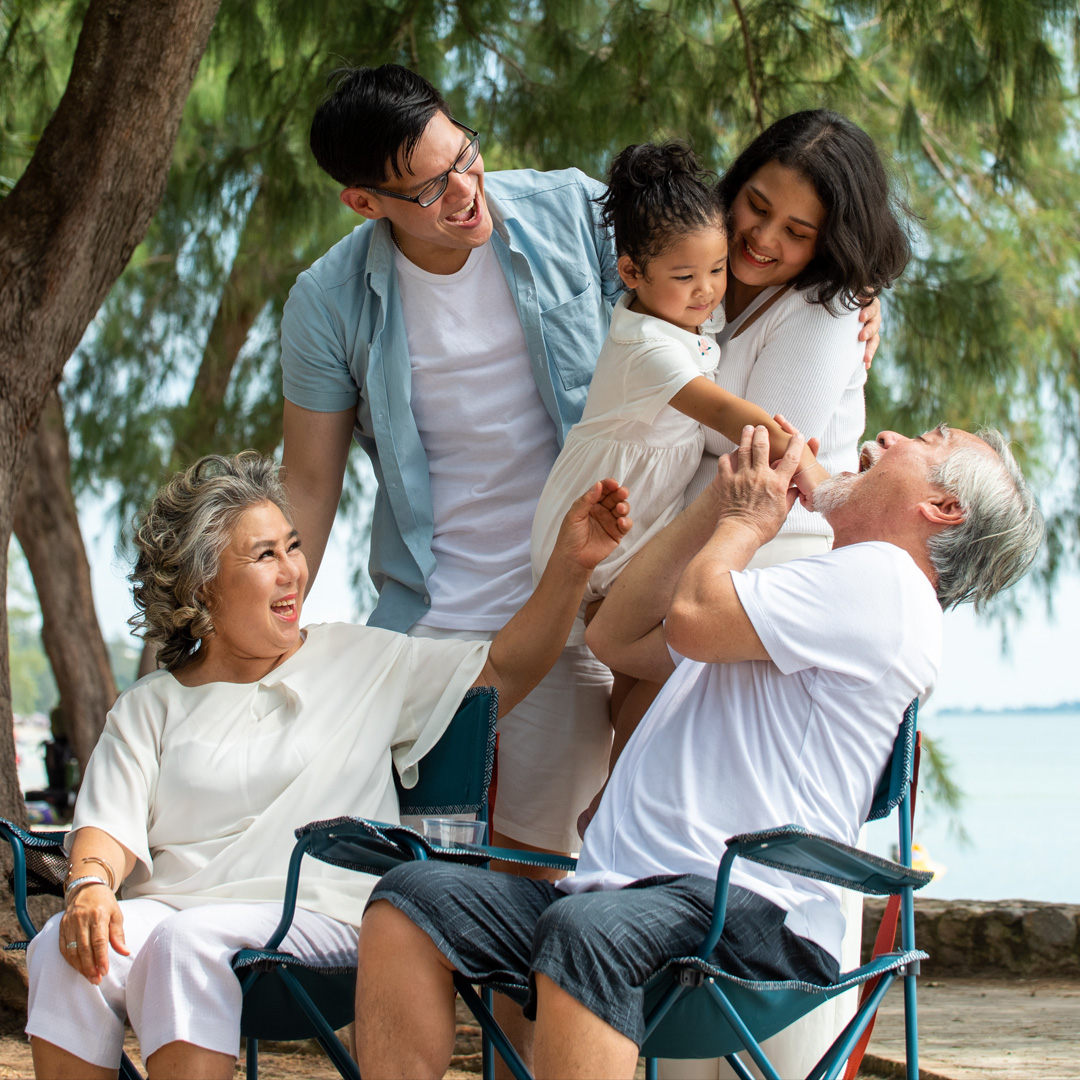Summer Travel 2025

Summer Guide to Traveling with a Person Living with Dementia
Summer is a time for sunshine, family fun, and vacations. If you’re caring for a person living with Alzheimer’s or another dementia, you may be wondering if travel is still possible. With some planning and flexibility, it often is, especially with those in the early and middle stages.
Early Stage: Travel with Some Extra Planning
In the early stages, many people with dementia can still enjoy travel with a bit of added preparation. Here’s how to make your trip smoother:
Before You Go
During Travel
Once You Arrive
Middle Stage: Adjusting Expectations
Travel is still possible in the middle stages, but it may take more structure, flexibility, and caregiver support.
Travel Tips for Mid-Stage Dementia
You’ll still want to follow most of the early-stage travel tips, but now with a more relaxed itinerary and plenty of breaks.
Late Stage: Finding Joy at Home
Travel eventually will become too stressful and overwhelming for both you and your person living with dementia. But there is still fun to be had: home-based activities can bring joy and connection for the whole family.
At-Home Activities for Late-Stage Dementia
Even small moments can feel meaningful — it’s about being present, not doing a lot.
Final Thoughts
Whether it’s a short trip, a backyard picnic, or just music on the porch, summer can still be a special season for connection and joy. Preparation and a game plan will allow you to enjoy these times together. Have a wonderful summer!
